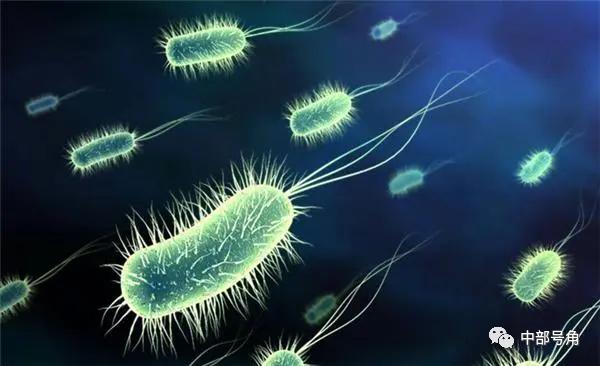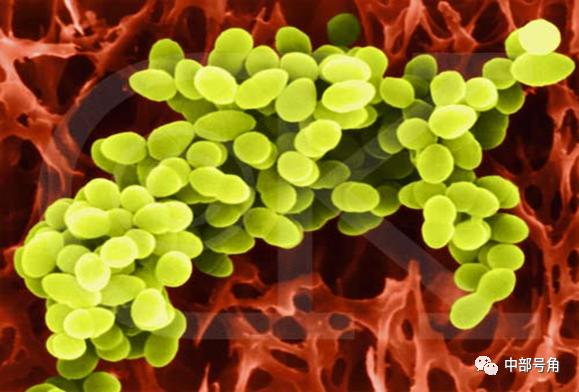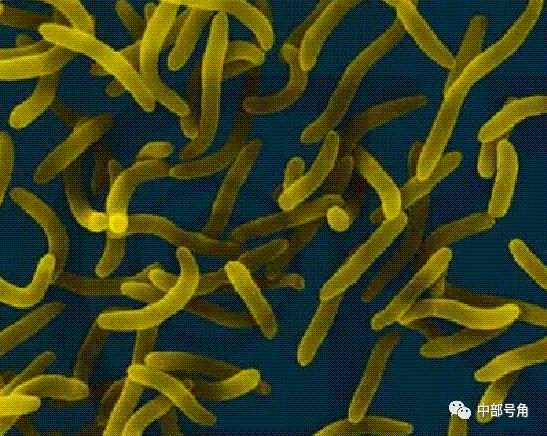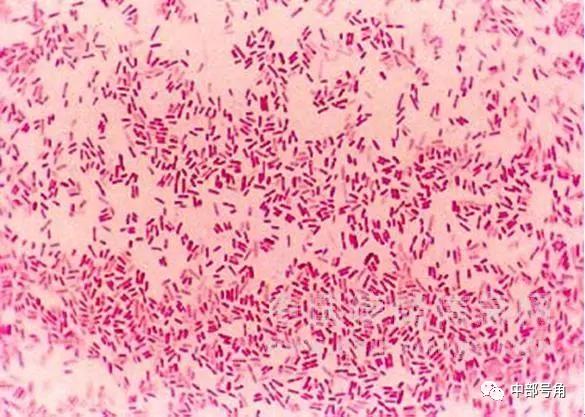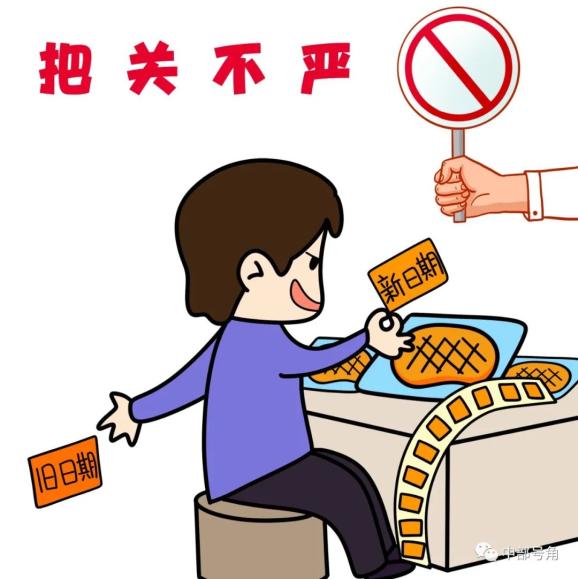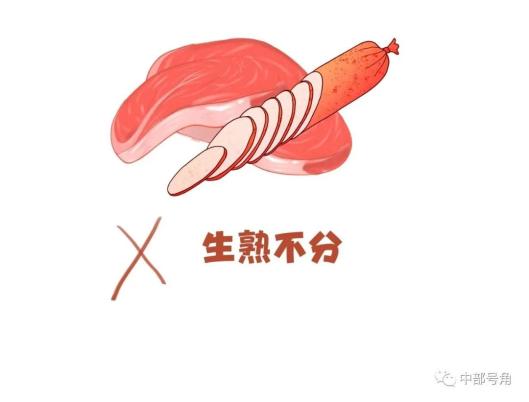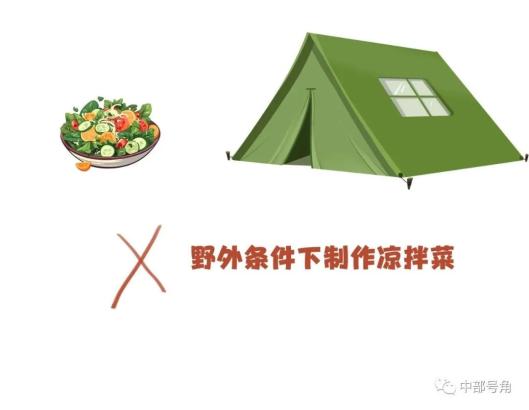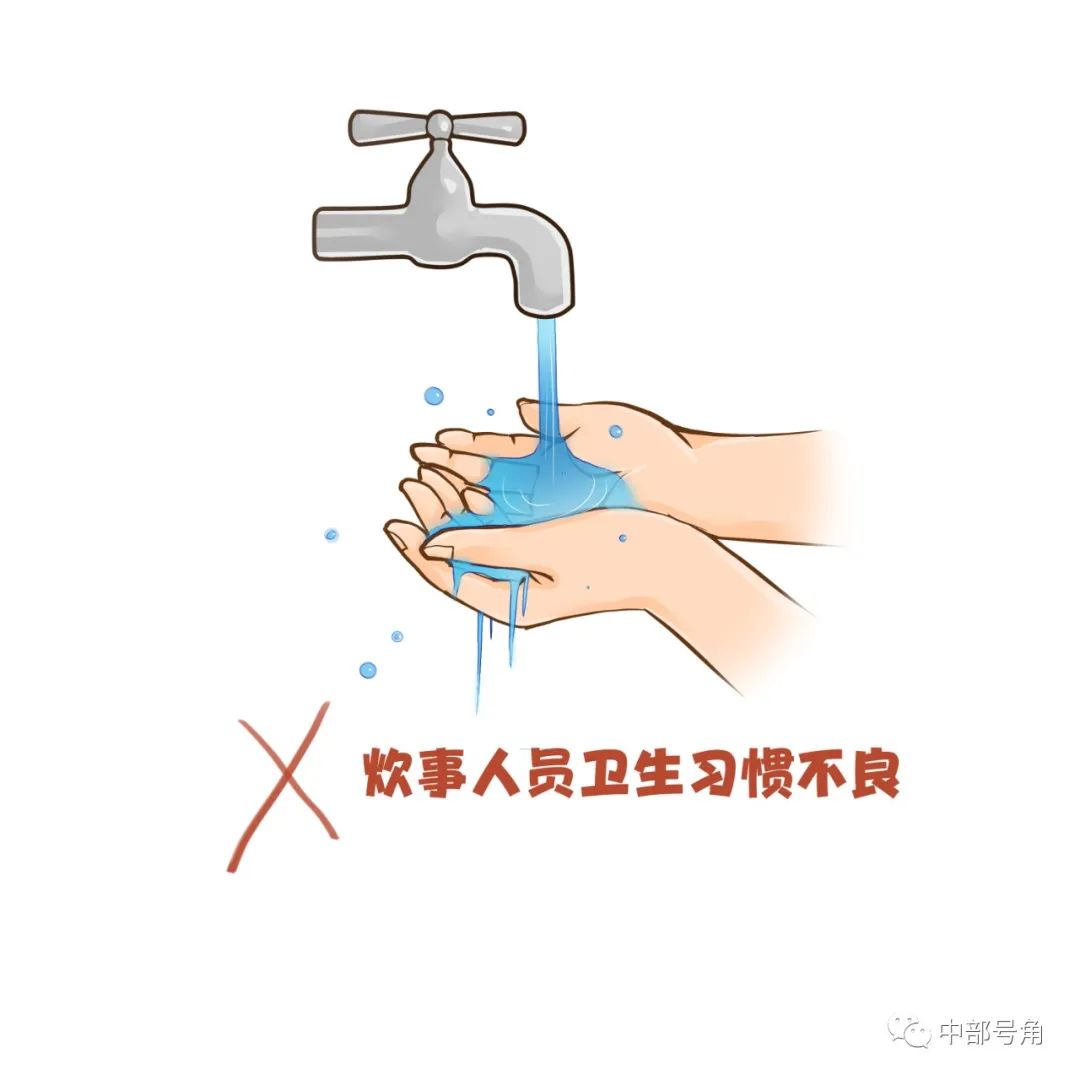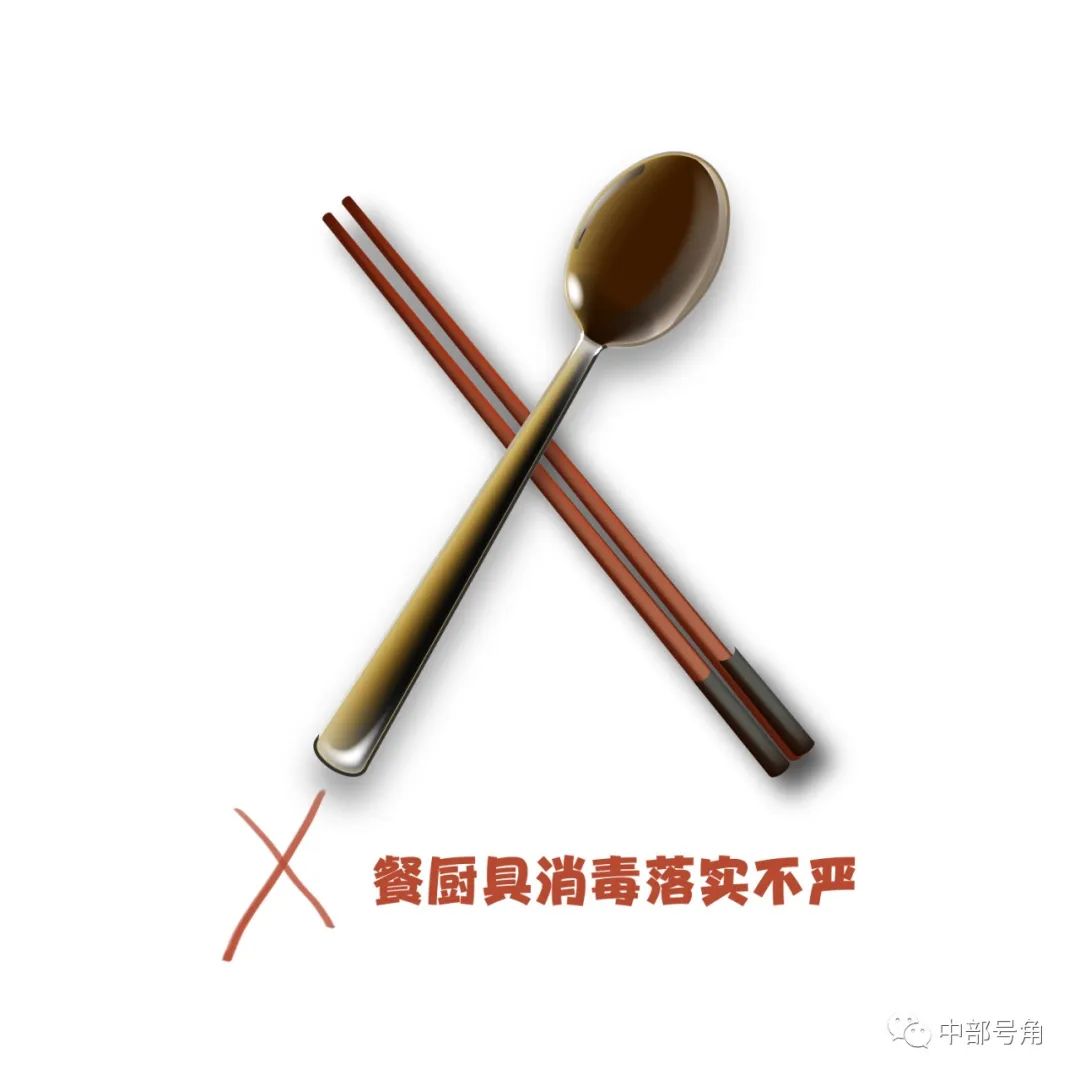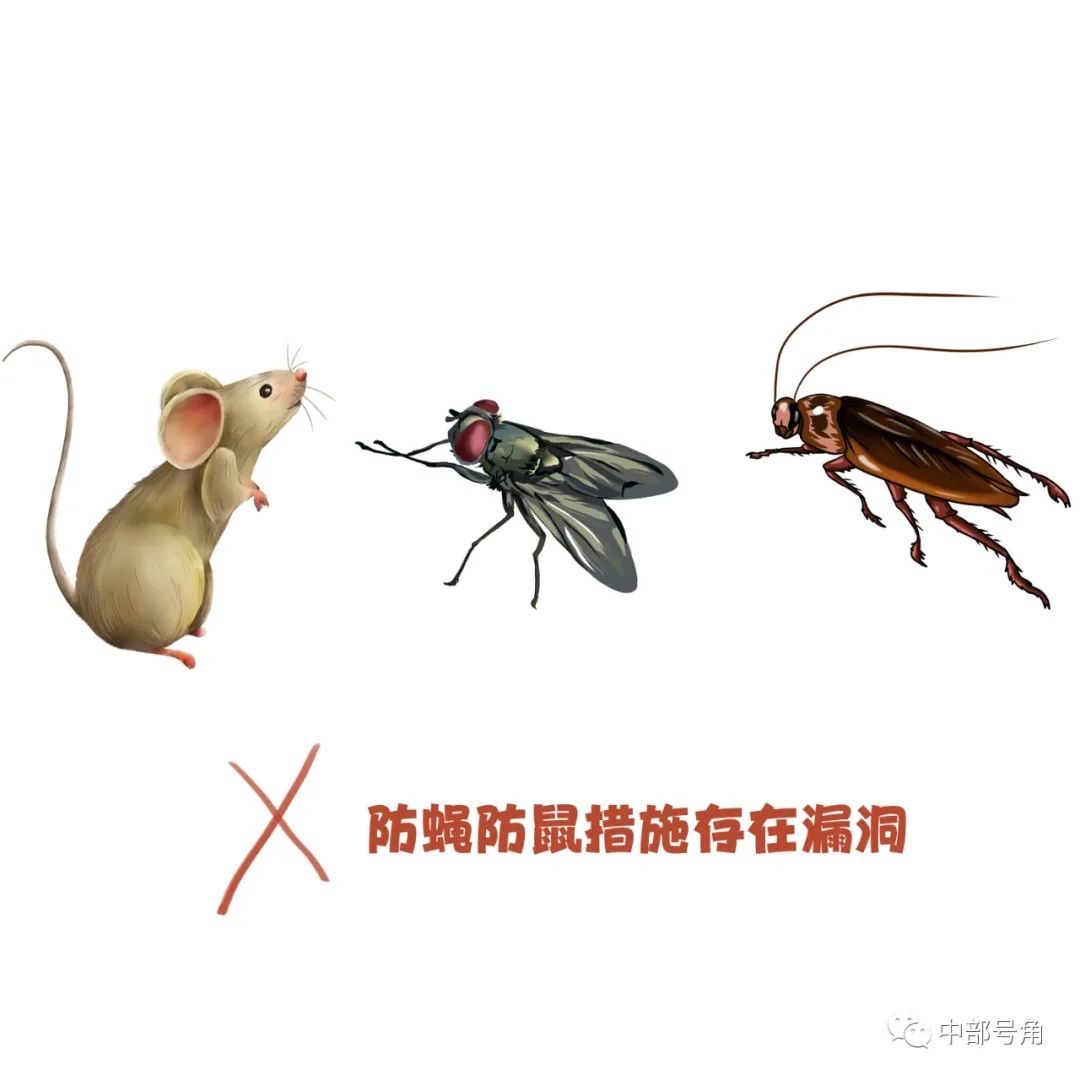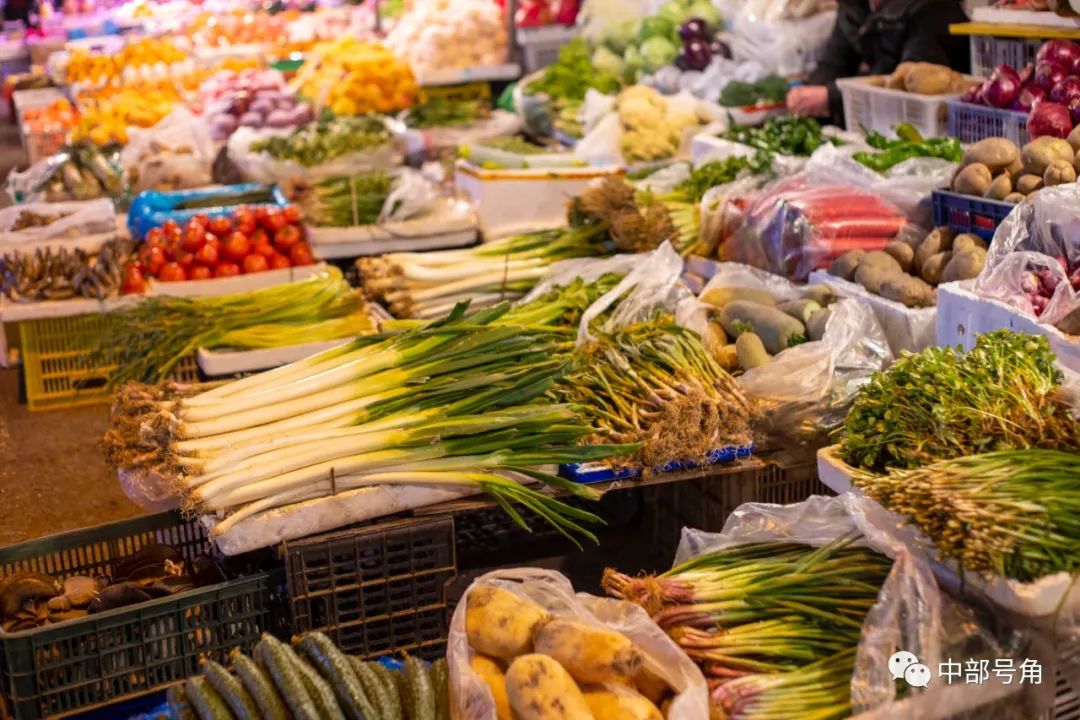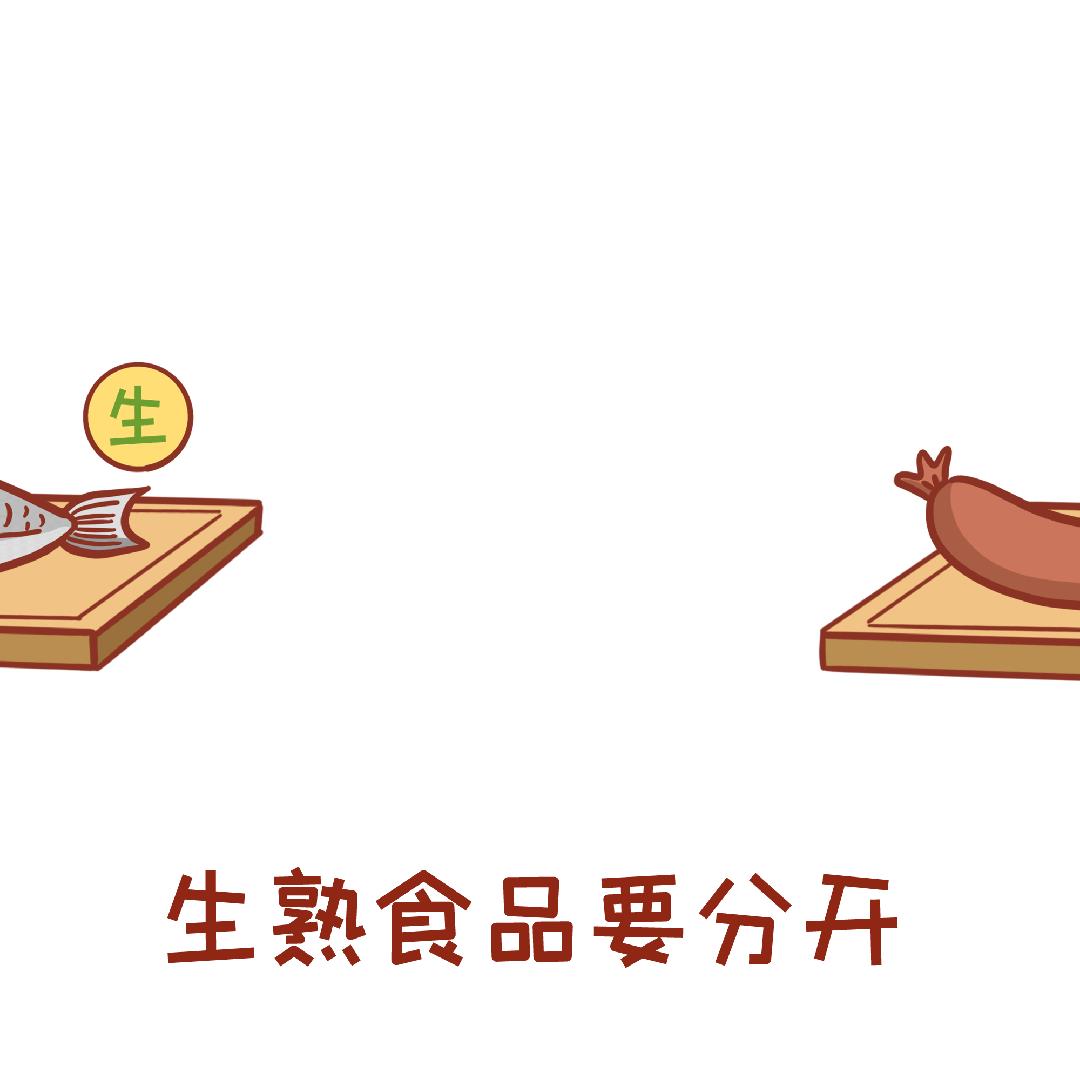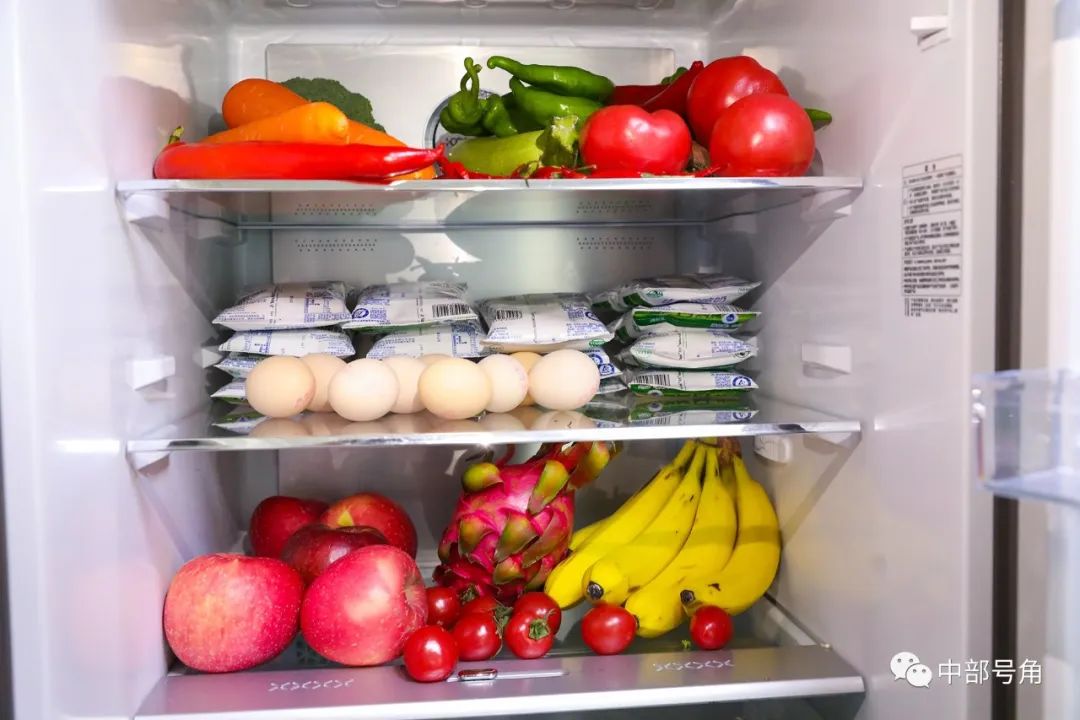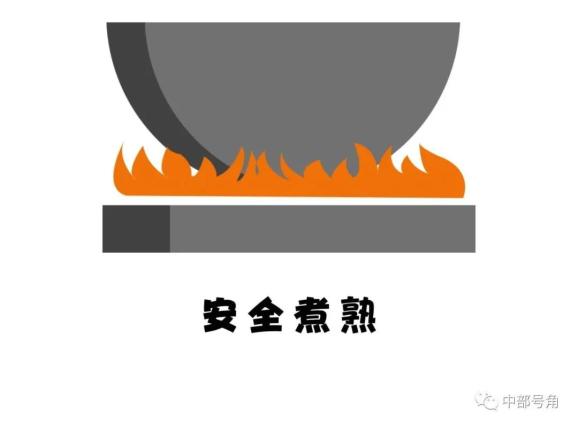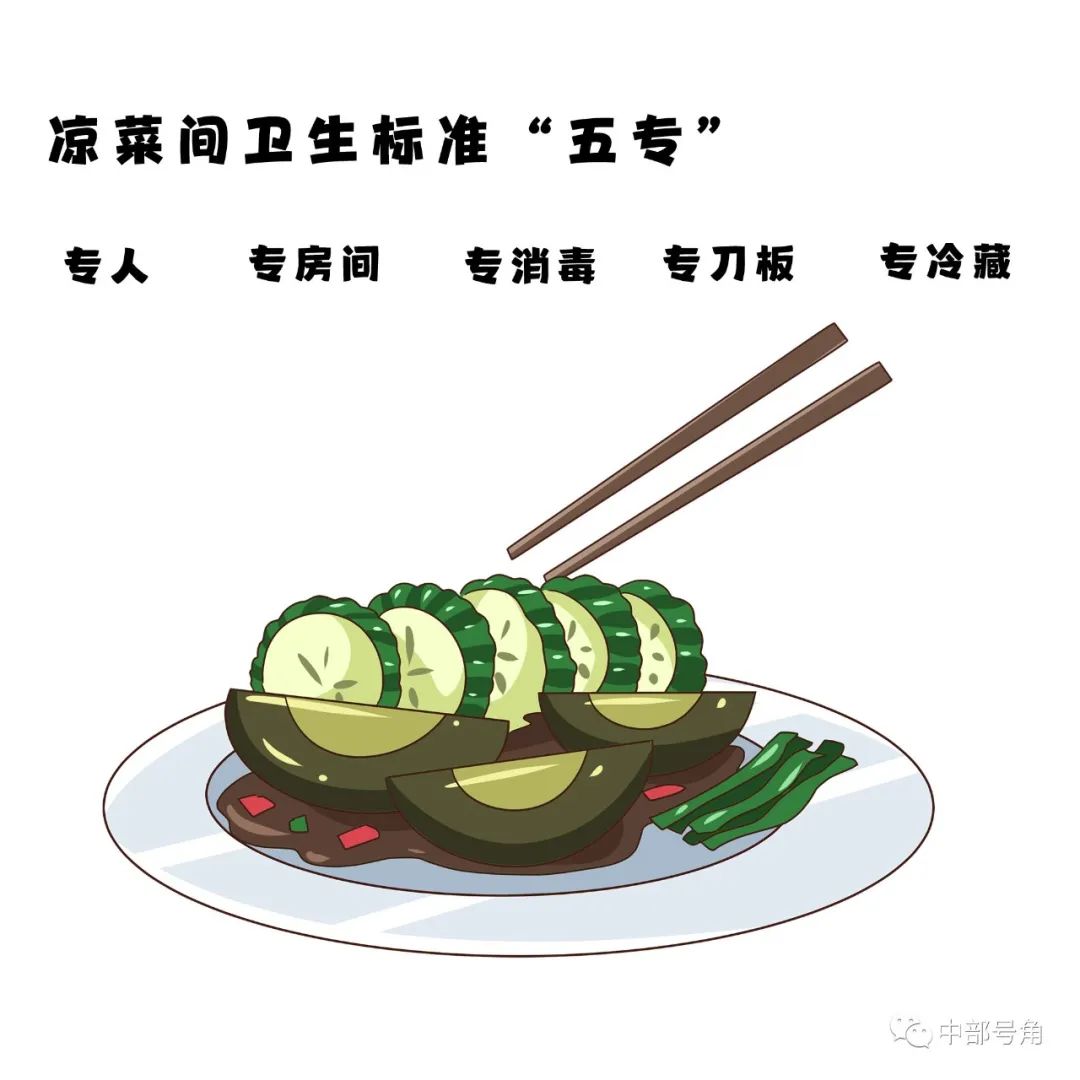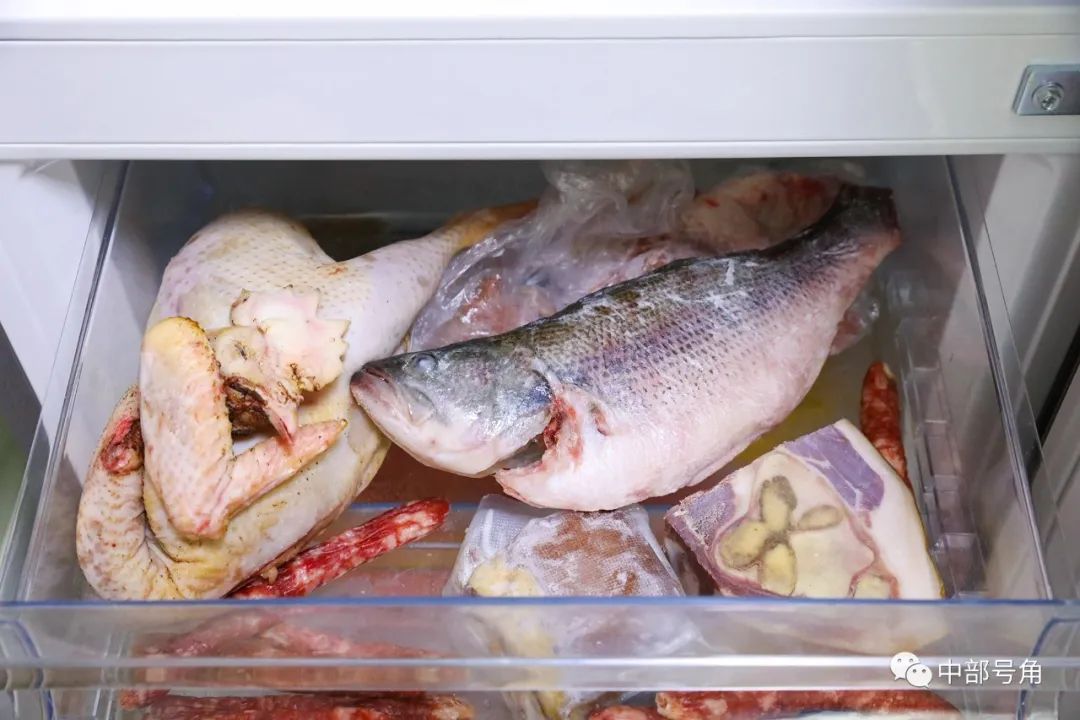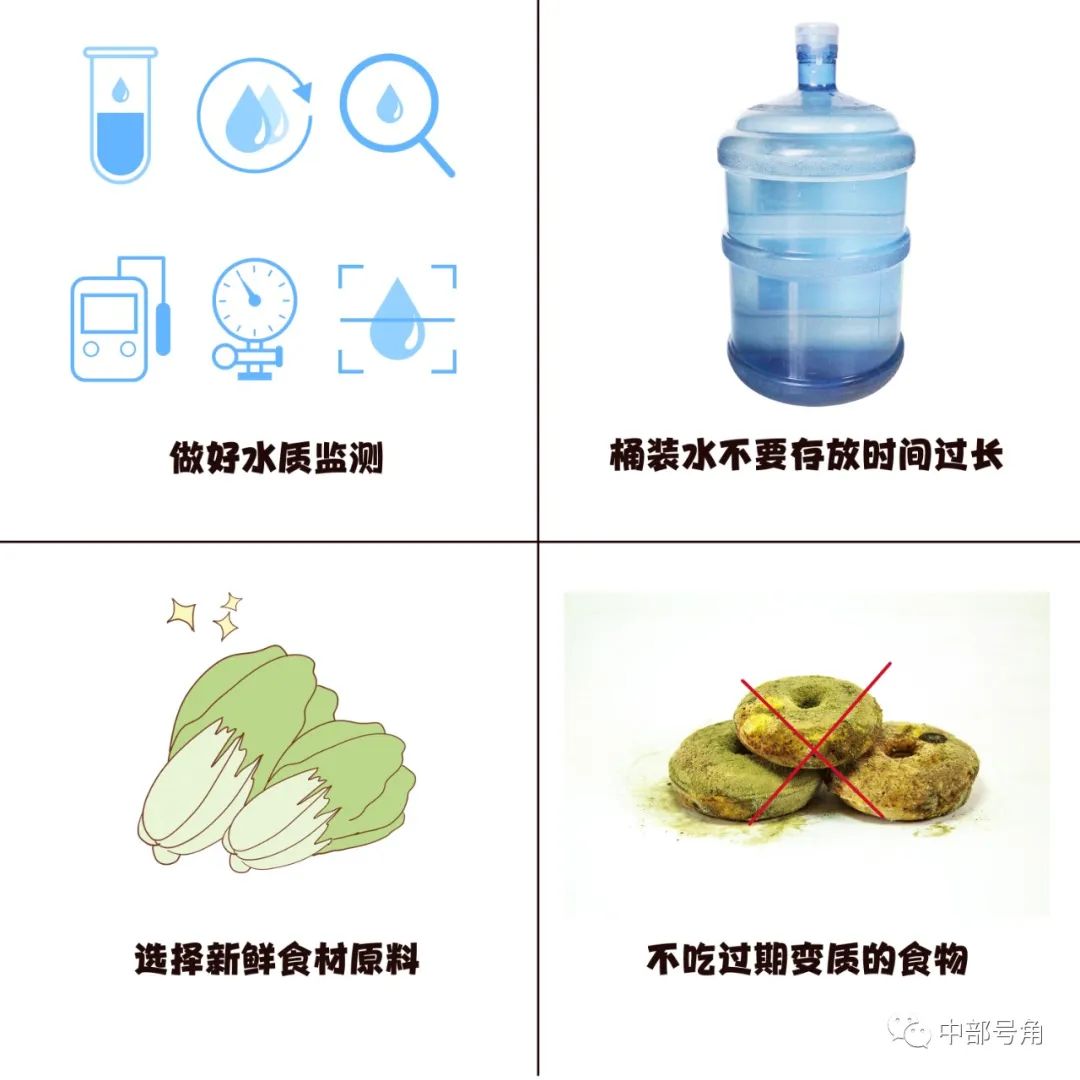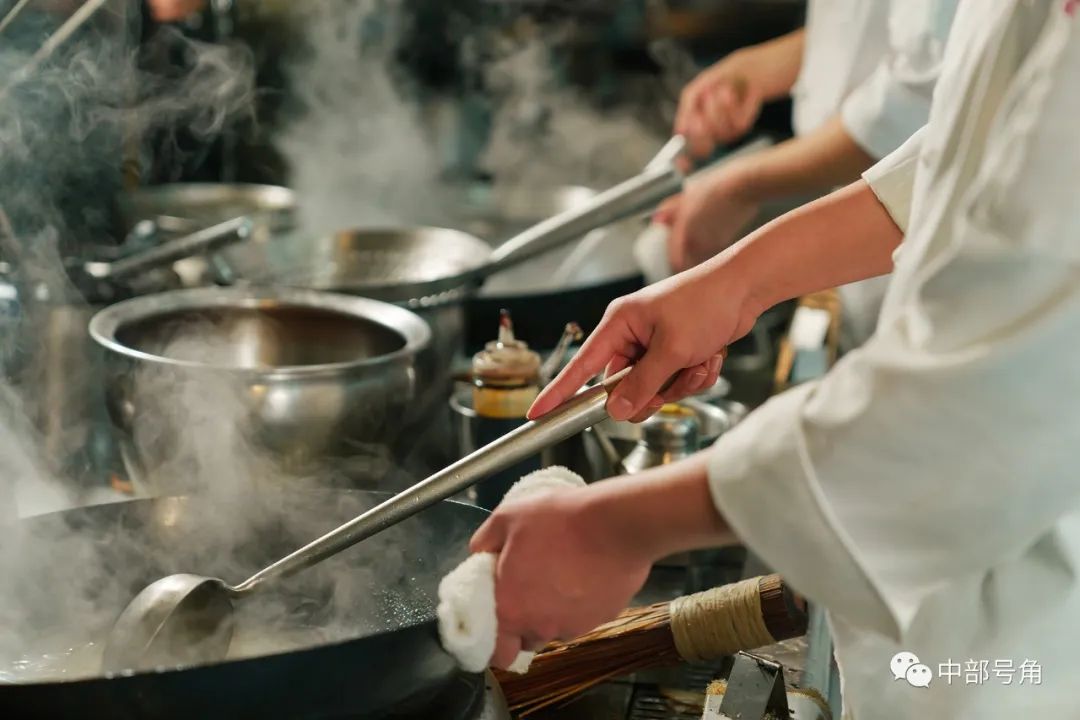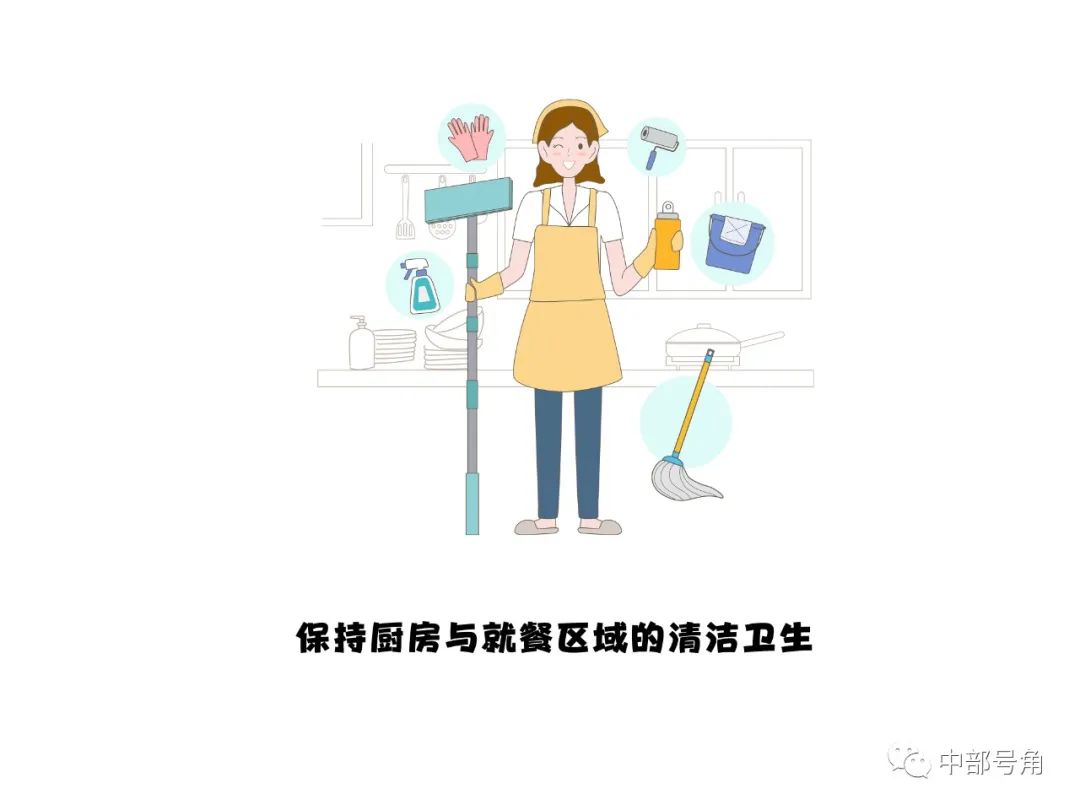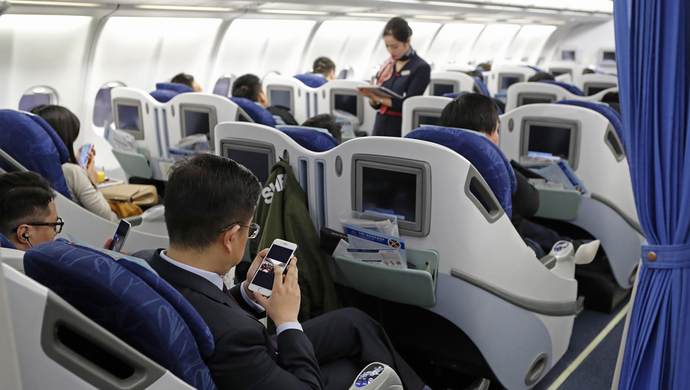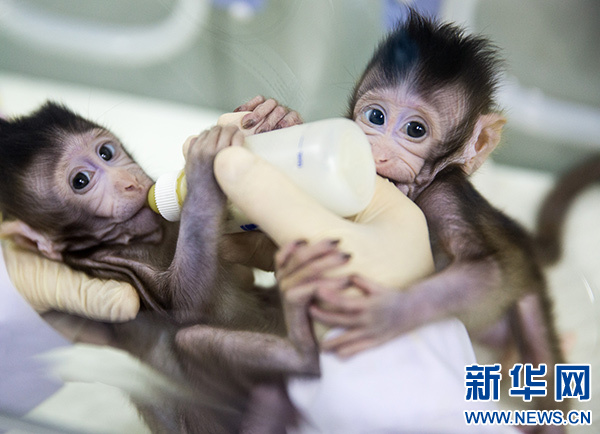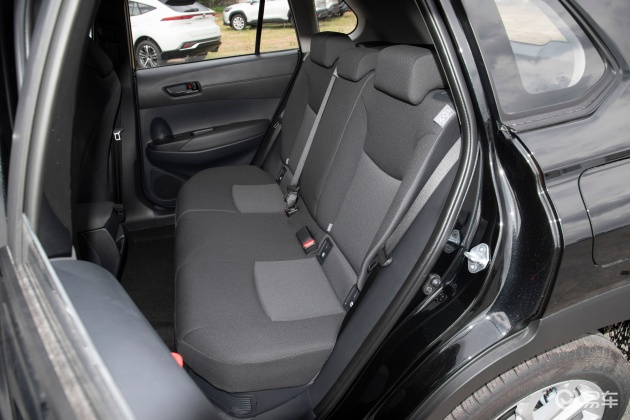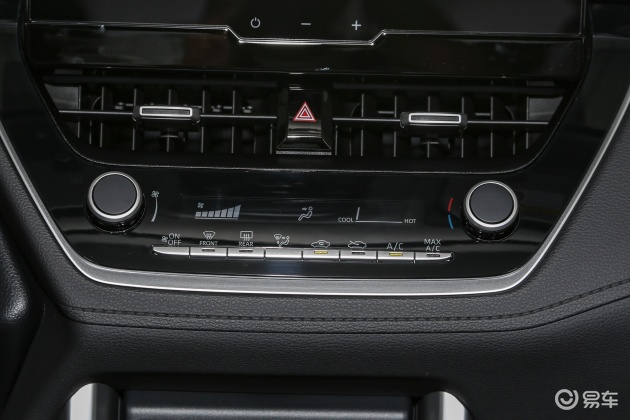1905 movie network news A few clean and powerful moves have caught the other side off guard.I saw him as light as a swallow, his eyes were burning, and a preemptive side kick seemed to swallow mountains and rivers. In an instant, victory or defeat is a foregone conclusion.

This picture originated from the film in 1972.Play the leading role in the film — — Always adhering to the national patriotic "Zhen Chen", it is the pioneer of the world martial arts reform and the first Chinese protagonist in Hollywood, whose ancestral home is in Foshan, GuangdongBruce Lee.

Just as Bruce Lee showed China’s superb martial arts skills and spirit to the world with films such as Jingwumen, Huang Feihong, Ye Wen and other "grandmasters" whose ancestral homes were in Foshan, Guangdong Province were all described and presented by later generations in film and television works.Their common hometown, Guangdong, has also become a "paradise" for many martial arts lovers.

As early as 1924, Guangdong, which is located in the coastal area, began to make films before it gained popularity.In 1924, he lived in Tangluoyong, Dongshan Street, the old city of Guangdong, and had the reputation of "one of the pioneers of China film"Li MinweiA film was prepared there.. In November of the same year, Li Minwei rented a mansion in Duobaofang, Xiguan, Guangzhou to shoot.
After its release, "Rouge" was widely welcomed by the audience, with a full house, and created the highest box office record of Hong Kong films. It was praised by the industry as "warning the world, novel bridge, lifelike expression, exquisite light and exquisite scenery".
|
Similar to Li Minwei, who played an important role in the early China film "Pioneering", Zhengqiu Zheng, another important China film pioneer, Cai Chusheng, the representative of the second generation of China directors, and Ruan Lingyu, a famous filmmaker in the 1930s, all had their ancestral homes in Guangdong. Generation after generation of Guangdong filmmakers have made great contributions to the start and development of early China films.
The film channel launched a series of reports on "I love movies, I love my hometown", reviewing the highlights of film development in various places, grasping the pulse of the film industry and singing the dream of future movies.

Today, we invited Chen Song, director of the Film Management Department of the Propaganda Department of the Guangdong Provincial Party Committee, Wang Jianzhang, chairman and president of Guangdong Jingying Media Co., Ltd., and Elaine Zhong, a young filmmaker, to tell about past lives, a Guangdong film, and his deep love for his hometown and movies.
Lingnan films are unique.
Guangdong film culture is profound.
Before going to Shanghai to study, Elaine Zhong lived in Guangzhou, the capital of Guangdong. Later, she performed well in the film, and her initial love for acting benefited from the long-standing film culture in her hometown.

Since the beginning of Guangdong film production in the 1920s, Guangdong filmmakers and Guangdong films have made unremitting efforts and created more brilliant achievements. In 1956, under the guidance of the policy of "letting a hundred flowers blossom and a hundred schools of thought contend", China films sprang up and the Pearl River Film Studio came into being.
As an important film creation base in China, Zhuying Factory has successively produced high-quality films with Lingnan characteristics and close to the pulse of the times, which have won wide popularity among the audience and the market.
The film South China Sea Tide, directed by the famous director Cai Chusheng and starring Wu Wenhua, tells the joys and sorrows of Lao Zheng’s family and the touching love story of Achai and Jin Xi under the background of the times. When it premiered, Nanhai Tide won the hearts of the audience with its twists and turns, rich and delicate emotional descriptions, and the number of viewers exceeded one million in just one and a half months, making it an indispensable work in the film history of China.
|
The film Seventy-two Tenants, which was born out of Shanghai farce and produced by Zhuying Factory, used many dialects. While deciding to keep the essence of burlesque, director Weiyi Wang abandoned some of its shortcomings, reflected real life through vivid plots, and appropriately added many characters and plots to strengthen the logic and dramatic conflict of the story, which became a classic in the history of Cantonese movies.
|
The Yamaha Fish Stall, which was also produced by Zhuying Factory and was born in 1984, is also a vivid description of Guangzhou’s customs and a very lively work. The film tells the story of several unemployed young people in Guangzhou who realized their self-worth and created a better life through self-reliance and hard struggle in the early 1980s. After the film was released, it also won unanimous praise and love from the audience.
|
With a large number of characteristic films rooted in local culture and rich flavor of life, Zhuying Factory is unique in China film industry. In the past ten years, Zhuying Factory has won dozens of feature films and science and education films at home and abroad, which have been popular all over the country for a time, and the market response and social influence are increasing day by day.
The profound film culture and outstanding Guangdong filmmakers have made the Guangdong film market lead the country. In addition, Guangdong-Hong Kong-Macao Greater Bay Area and Shenzhen have the strategic advantages of building Socialism with Chinese characteristics as the first demonstration zone and being driven by two zones, as well as the strong Guangdong animation film production strength and film technology, the development of Guangdong films has made rapid progress.
The largest ticket warehouse in China
From Foshan to the World, Dreaming a New Era of Guangdong Film
In 2019, Guangdong’s box office revenue reached 8.951 billion yuan, ranking first in the national box office for 18 consecutive years, accounting for 13.93% of the total box office revenue. The number of cinemas and screens in the province ranks first in the country.

The atmosphere of watching movies in Guangdong originated from the tea house and theater culture a hundred years ago. In the 1936 edition of Guangzhou Yearbook Volume 8 Culture, it was recorded that "there is a movie theater in Guangzhou, and its official name is the painting academy, headed by the mirror flower stand in the Hui ‘ai Eight Covenant City God Temple". At first, the teahouse was often an important place for early film screening in Guangdong. The emergence of post-professional cinemas made the film gradually become a modern art form and brought novel light and shadow experiences to a wider group.
Nowadays, Guangdong has become the largest ticket warehouse in China.

According to Chen Song, director of the Film Management Department of the Propaganda Department of the Guangdong Provincial Party Committee, on the one hand, Guangdong pays attention to optimizing the layout of cinemas, supporting the development of cinemas and strengthening film and television publicity; On the other hand, it is also making use of the existing broad mass base to develop the film industry. "Now movies have become a very popular way of cultural consumption in Guangdong, and inviting relatives and friends to watch movies has become a common social way."
And Foshan, Guangdong Province, which once gave birth to Huang Feihong, Ip Man, Bruce Lee and other legendary figures loved by movie audiences, has also undergone earth-shaking changes under the influence of the times.

Since the end of 2016, the Southern Film and Television Center has settled in Foshan. As an important manufacturing base in China, Foshan has proposed to build a "culture-oriented city" in recent years and accelerate the construction of the film and television industry. In 2017, the first Foshan Kung Fu Film Week kicked off, and heroes from all corners of the country were gathered in the name of Kung Fu.
In recent years, Foshan has continued to promote the development of the Kung Fu film industry and vigorously build the Southern Film and Television Center. On May 12, 2020, the Office of Foshan Municipal People’s Government issued the Notice on Printing and Distributing the Implementation Plan for Accelerating the Construction of "World Kung Fu City" in Foshan, clearly proposing 20 key projects to build Foshan into a "World Kung Fu City" with international influence and leading force.
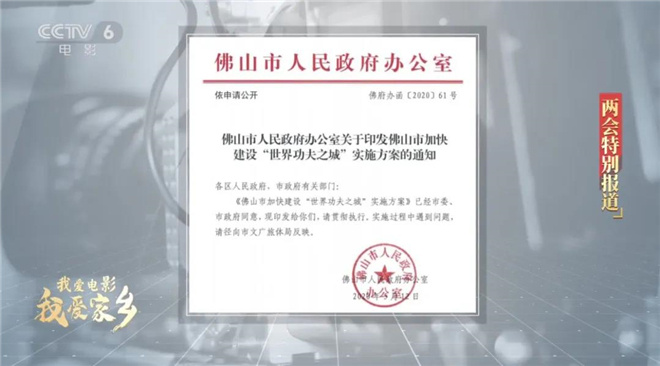
Chen Song, director of the Film Management Department of the Propaganda Department of Guangdong Provincial Party Committee, believes that polishing the business card of "Kung Fu Film" is an important starting point for the revitalization and development of Guangdong film.
Relying on Foshan’s status as the "Kung Fu Capital", Guangdong has accelerated the construction of the Southern Film and Television Center. At present, it has held two consecutive Kung Fu Film Weeks, which has attracted great attention from kung fu filmmakers at home and abroad. "In the future, Guangdong will rely on the construction of Guangdong-Hong Kong-Macao Greater Bay Area to build an international and authoritative brand of Kung Fu Film Festival, and build a platform for China films, especially Kung Fu films, to enter Southeast Asia, the Belt and Road countries and even the world."

Wang Jianzhang, chairman and president of Guangdong Jingying Media Co., Ltd. also said that there are now more than 1,700 film and television enterprises in Foshan, which have formed a whole industrial chain.In 2017, the municipal government launched the policy of Foshan to support the development of film and television industry, which is the first time Foshan has launched a policy for an industry. In terms of key projects such as enterprise settlement and construction, many excellent works have been photographed and produced, and the highest reward of 5 million yuan has been given.

From the South China Sea Tide, from Seventy-two Tenants to, from "Bears Appear" to "The Story of a White Snake", Guangdong films have inherited the cultural context of Lingnan films accumulated for a hundred years, and Guangdong filmmakers are all-inclusive and persevering in the principle of fine creation, dreaming of a new era of Guangdong films.
Chen Song, director of the Film Management Department of the Propaganda Department of the Guangdong Provincial Party Committee, said that Guangdong has formulated a three-year action plan for film revitalization, and plans to launch 2-mdash; Three movies with national influence. At the same time, the total number of cinemas has reached 1,500, the total number of screens has exceeded 10,000, and the box office income of movies has reached 10 billion yuan, forming a new pattern of high-quality development of the whole industry chain with continuous prosperity of film creation and production, optimization of industrial factors and digital studios covering urban and rural areas.

Filmmaker Elaine Zhong also expressed his deep wishes for his hometown."Light and shadow Guangdong, wonderful and infinite. Guangdong has world-famous modern cities such as Guangzhou and Shenzhen, as well as well as well-equipped film and television cities such as Nanhai, Xiqiao Mountain, Zhongshan and Kaiping. As a film location, modern and ancient costumes are suitable; When you are filming in Guangdong, especially in Foshan, you must taste Guangdong cuisine, which will definitely make you full of food. "
"I love my hometown, and I love Guangdong. I am Elaine Zhong, Guangdong film, come on! "





